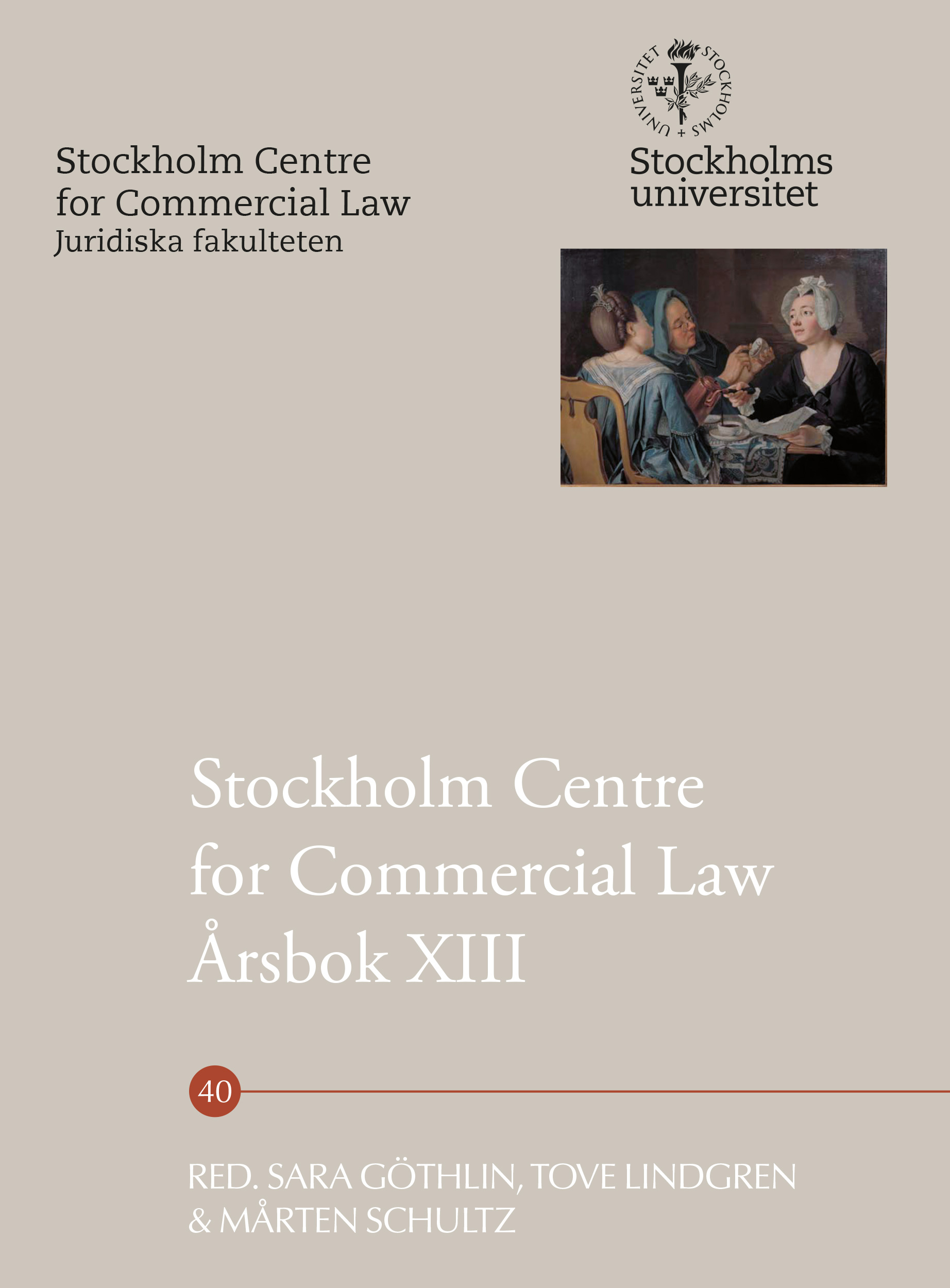Comparative Law and the Financial Markets
Some Methodological Reflections and Renewals
Abstract
Jan Kleineman was the one who first introduced me to the complexities of comparative law when he was the supervisor of my doctoral thesis. In this article, I have chosen to discuss some methodological issues in comparative law, especially in the field of financial markets law. The former being a topic that Jan has a great interest in, and has continuously encouraged me to further venture into, and the latter a particular research interest of mine. Moreover, financial law, shaped by globalization and an intricate interplay of private and public law, could serve as a central case for some of the most intriguing methodological debates of jurisprudence in general and comparative law in particular in the twenty-first century.
In the discussions in recent years, it has been argued that comparative law has witnessed a revival. Due to the many changes wrought by globalization, in order to ensure its continued survival, the field has had to subject itself to certain methodological adjustments. Arguably, these adjustments are not minor. Voices have even been raised whether they could have an impact onthe very core of the discipline. Globalization is however not a new phenomenon. Comparative law has experienced the waves of globalization during its many years of history. The current one is merely the latest one. Comparative law has been challenged and contested during each of the waves, and it has stood its ground.


